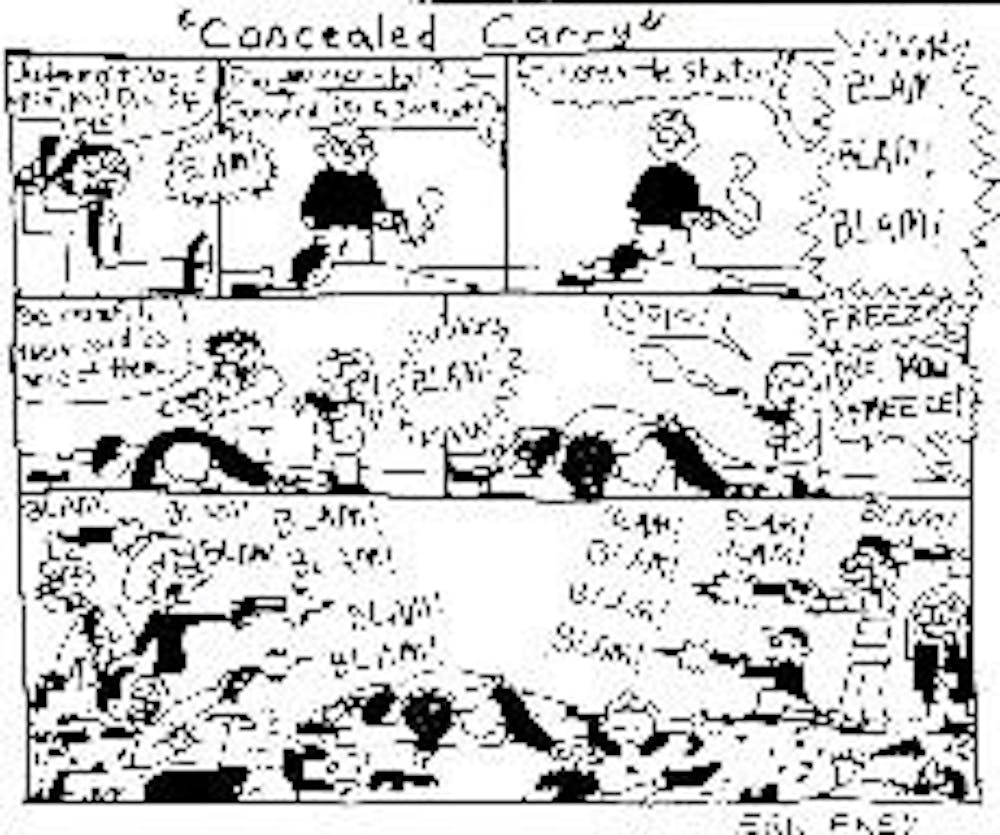
Last Sunday, Pakistani President General Pervez Musharraf suspended civil liberties and declared a state of national emergency after receiving information that his recent reelection victory was going to be declared illegitimate by the Pakistani Supreme Court. Throughout the course of the ensuing protests, thousands of lawyers have been arrested, political opposition has been stifled and critical journalists and intellectuals have been silenced. However, in light of the critical strategic importance of Pakistan and the billions of dollars in foreign aid Musharraf's regime has received from the United States, The Miami Student editorial board believes that the United States should use the carrot of future funding in order to leverage Musharraf and pressure him to follow through on his pledge to hold parliamentary elections this winter.
While the events taking place in Pakistan might seem detached from the routine of Miami University students, Pakistan's importance in the fight against radical Islamic terrorism makes it an issue that students should follow. Notably, a breakdown in U.S.-Pakistani relations would have important implications for the war in Afghanistan. Because the United States remains hesitant to violate Pakistani sovereignty and launch cross border military operations, many al-Qaeda and Taliban fighters continue to slip across the porous border in order to hide out in Pakistan's Federally Administered Tribal Areas (FATAs). Additionally, nearly half of all NATO military supplies traveling to support allied troops in Afghanistan pass through Pakistani airspace. In this sense, just as Turkey is a vital ally in American attempts to stabilize Iraq, Pakistani assistance is crucial to future success in Afghanistan.
Over the course of the past six years, the Bush administration has been promoting a foreign policy agenda that gives primary emphasis to democratization. While the rhetoric of democratization makes for pleasant sounding political speeches, the United States' interests are often better suited by political stability. This is even more the case when the country in question possesses nuclear weapons and nuclear components that could be used in a "dirty bomb," as Pakistan does. Thus, to demand new presidential elections, possibly including opposition leader Benazir Bhutto, is not a panacea and may lull policy makers into a false sense of security. On the other hand, long-term U.S. support for an unpopular regime could further embitter the Pakistani population, thereby catalyzing the replacement of Musharraf's regime by a radical one.
Accordingly, while the temporary stability offered by Musharraf's power grab might assist him in efforts to fight Islamic militants on his border and provide short-term stability, the United States must use the carrot of future funding to induce him to hold rescheduled parliamentary elections this winter. These elections will provide his political opposition with the opportunity to participate in government and hopefully serve to vent some of the frustration they currently feel, without descending the country into chaos.
If Musharraf fails to follow through on this, future U.S. funding for his regime must be reevaluated.




